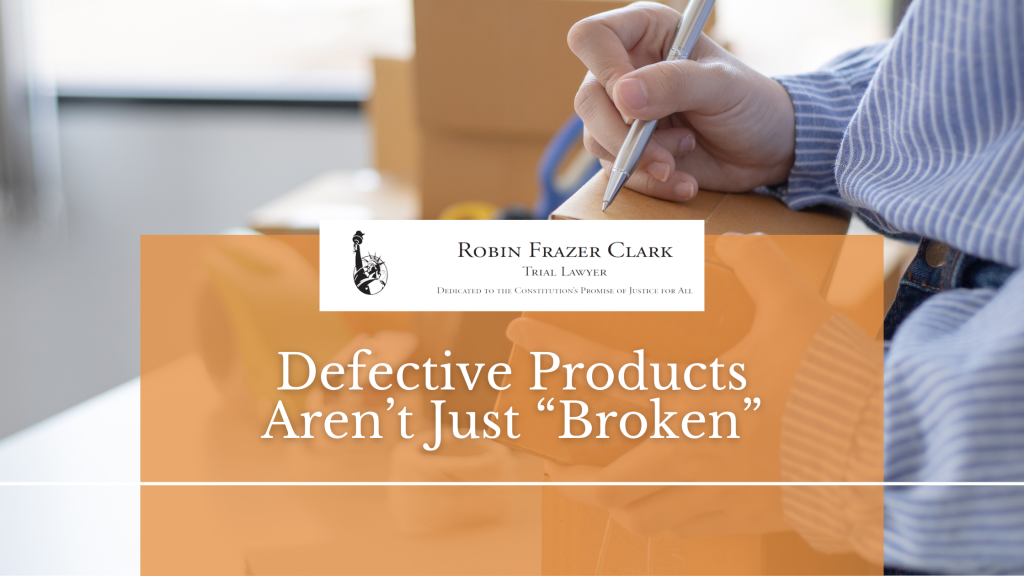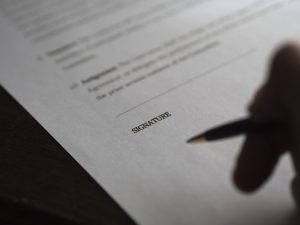

A large part of my law practice is representing people who have been seriously injured in traffic or road collisions. This includes not only drivers and passengers of vehicles, but also many pedestrians. The photographs above are just a small example of the carnage that occurs on Georgia roads every day. I am currently representing the family members of two separate families who have lost loved ones when they were killed as pedestrians on Donald Lee Hollowell Parkway in Atlanta.
Sunday marks the World Day of Remembrance for Road Traffic Victims. It is a high-profile global event to remember the many millions who have been killed and seriously injured on the world’s roads and to acknowledge the suffering of all affected victims, families and communities – millions added each year to countless millions already suffering: a truly tremendous cumulative toll. This Day has also become an important tool for governments and all those whose work involves crash prevention or response to the aftermath of crashes, since it offers the opportunity to demonstrate the enormous scale and impact of road deaths and injuries, call for an end to the often trivial and inappropriate response to road death and injury and advocate for urgent concerted action to stop the carnage.
“As every year, the objectives of WDoR 2023 are to provide a platform for road traffic victims and their families to:
 Atlanta Injury Lawyer Blog
Atlanta Injury Lawyer Blog





















